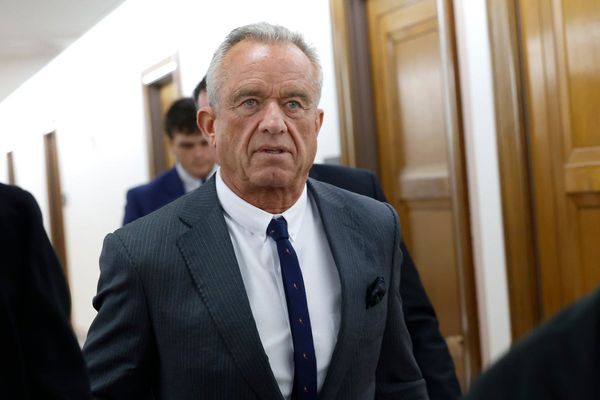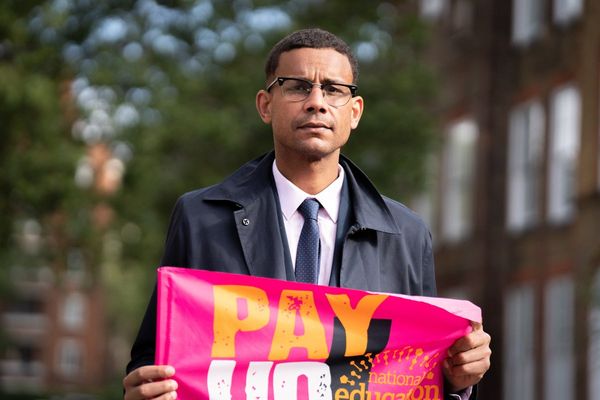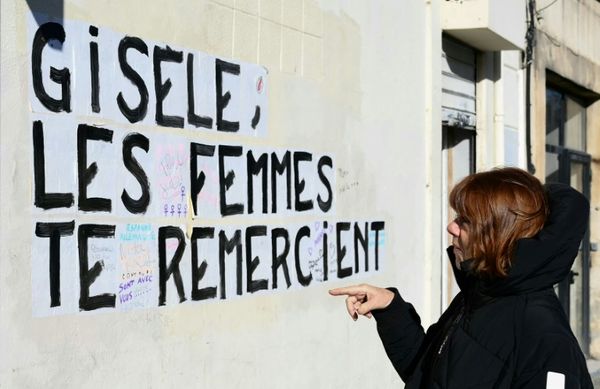
Tokyo (AFP) - Japan and NATO must "remain united and firm" in the face of security threats posed by China, North Korea and Russia's war in Ukraine, Jens Stoltenberg said Tuesday in Tokyo.
Stoltenberg, secretary general of the European and North American military alliance, warned that Beijing was keeping a close eye on developments in Ukraine and "learning lessons that may influence its future decisions".
He spoke alongside Japan's Prime Minister Fumio Kishida after the pair held talks as part of a trip to Asia by Stoltenberg aiming to boost ties with democratic allies.
"What is happening in Europe today could happen in East Asia tomorrow.So we must remain united and firm, standing together for freedom and democracy," he said.
Stoltenberg and Kishida said they were worried by the increasing cooperation they saw between China and Russia.
"We highlight with concern Russia's growing military cooperation with China, including through joint operations and drills in the vicinity of Japan," they said in a joint statement.
The previous day in Seoul, Stoltenberg asked South Korea to step up military support for Ukraine, which was invaded by its neighbour Russia nearly a year ago.
But on Tuesday, he praised the "strong position" and "substantial support" offered to Ukraine by Japan.
Tokyo has imposed sanctions on Moscow along with its G7 partners, and has taken the rare steps of sending defensive equipment and offering refuge to those fleeing the conflict.
Stoltenberg said he and Kishida also shared concern over North Korea's "provocative behaviour", from nuclear activity to ballistic missile tests.
He said China was "not our adversary" but warned of its growing military presence in Asia "including nuclear weapons, bullying neighbours and threatening Taiwan", as well as spreading disinformation about NATO and Ukraine.
Kishida said Japan would establish an independent representative office for its dealings with NATO as part of efforts to deepen ties.
The country will also consider regular participation in high-level meetings held by the alliance, Kishida added.
In December, Japan announced its largest shake-up to its defence and security strategy in decades.
The new strategy includes plans to raise defence spending to two percent of GDP by fiscal 2027, bringing Japan in line with NATO member guidelines.







